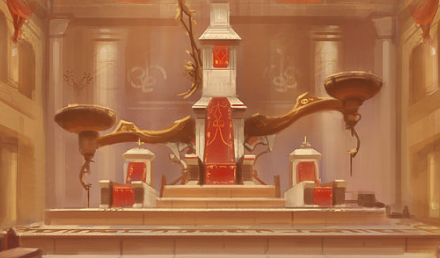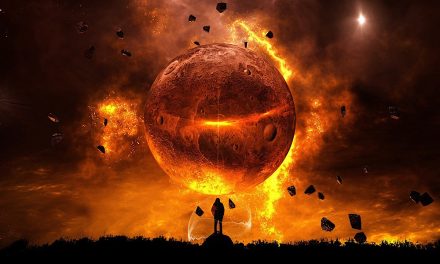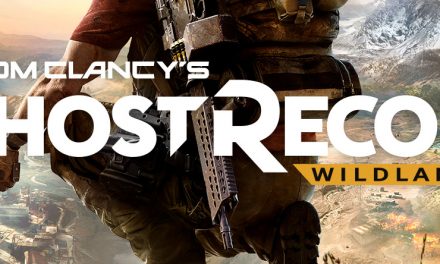I grew up as a ravenous reader, absolutely devouring science fiction and fantasy novels, science books, and even the encyclopedia. I could lose myself in those pages, in those stories and facts, for hours and hours, and it actually took effort for my parents to convince me to go to bed rather than staying up to all hours, engrossed.
There was a particular fantasy series I adored above the rest, and followed the engrossing tales of a young farmer boy being swept up by circumstance and prophecy, eventually proving himself worthy of reclaiming his ancestor’s throne, defeating a vengeful and evil god in the process. I must have read that five-book story a dozen times or more. Then I learned the authors released a second, follow-up series that had he and his band of advisors, friends, and comrades traipsing around a whole new continent, and I was hooked anew.
After ten main-line novels, two in-universe autobiographies by the world’s oldest sorcerers, and an additional text filled with the author’s reference notes and background information, it was as complete a world as I could imagine, filled with intrigue, passion, and hope even in the darkest of circumstances. I was happy imagining the rest of the lives of the saga’s characters, both before the story began and after it concluded. I was happy.
Some time after college I remembered my favored childhood series, and looked up the authors. Horrified, I discovered that they had spent time in prison for truly abhorrent crimes, and that in prison is where they discovered their passion for writing. They had done those terrible things before penning the stories which had so inspired me. I felt disgusted, dirty, and even betrayed. Something I spent so long enjoying had been created by monsters, and my purchasing (and in some cases, re-purchasing collector’s editions and the like) their work had in some small way contributed to their financial successes.
I threw out the books, not wishing to donate them to libraries or charities, feeling like they were contaminated by the hands and minds who penned them. The old saying is “never meet your heroes,” and I understand that idiom, but this was a whole other level.
So now, some twenty years later, I find myself looking for a setting to run a new Dungeons and Dragons campaign in, one that’s different than those my potential players have explored before. The Forgotten Realms are fairly played out, Ravnica is interesting but some players don’t like the overt association with Magic: the Gathering, and many of the players were involved in my previous (and/or current) Ptolus games.
I enjoy conversations about “death of the author” and to what degree an artist’s intent or personality matters when it comes to their work, and maybe it’s even easier when the authors in question are dead—as they are in this case—but even having the idea to adapt their work caught me by surprise and gave me pause. Am I comfortable diving back into those stories, that world, the enjoyment of which was so brutally ripped from me? Is repurposing it a small means of taking back power in the face of trauma, or am I setting up my players to be disappointed if they ever look for my source material and who wrote it?
My approach to many aspects of life is very binary: either I’m not interested at all or I’m 100% invested. I know myself and embarking on this prep project—for a game that isn’t even planned yet, or even has a confirmed cast of players—will have me doing as much research as I can, to make sure I know the world inside and out, in order to provide a cohesive, comprehensive, and lived-in game experience for the group. Revisiting those places, those characters, and those stories that I once loved and now revile by association.
I know I’m going to have to spend some time really thinking about it, but I also know myself and think that my mind is made up, I just have to logic my way into (or out of) it, as the case may be.
Header Image by Nile from Pixabay, a fantastic source of royalty-free stock images
















